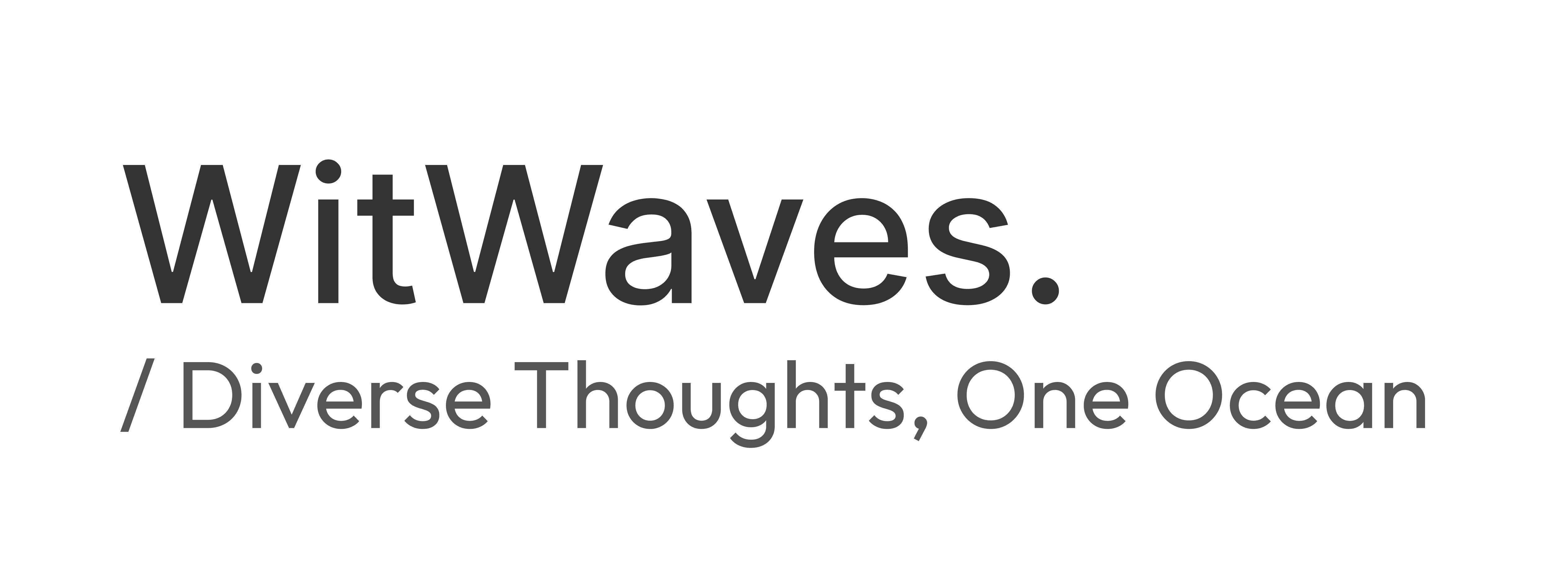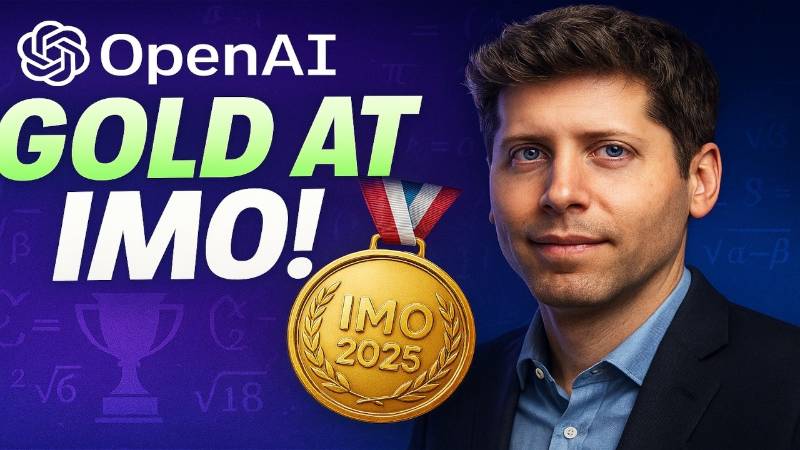AI Just Took a Seat Among the World’s Brightest Young Minds
In what many are calling a historic moment in artificial intelligence, OpenAI has accomplished something once thought impossible: its experimental large language model (LLM) has earned a gold medal at the 2025 International Math Olympiad (IMO) - the world’s most elite mathematics competition for high school students.
A Milestone for AI Reasoning
Long considered the ultimate test of mathematical creativity and endurance, the IMO has challenged the world’s best young minds since 1959. But this year, for the first time ever, one of the top scorers wasn’t human. OpenAI’s LLM didn’t just solve routine math equations. It tackled abstract, multi-layered problems in algebra, combinatorics, and geometry under official Olympiad exam conditions, with no internet access or tools, only raw problem-solving skills and proof generation.
And the results? Staggering.
5 out of 6 problems solved
Score: 35 out of 42
Placing among the top ~10% of 630 global participants
This wasn’t a one-off stunt. Each of the AI's detailed, natural-language solutions was independently evaluated by three former IMO gold medalists, using the same rigorous standards as human contestants. The outcome: a gold.
How Did OpenAI Pull It Off?
The AI’s success wasn’t based on brute force or memorization. According to OpenAI’s researchers, the breakthrough came from a novel blend of general-purpose reinforcement learning and a technique called test-time compute scaling, allowing the model to reason in real time, sustaining mathematical creativity for hours.
Unlike earlier AI systems that failed to even earn bronze under comparable conditions, this model produced multi-page logical proofs, wrote coherent mathematical arguments, and demonstrated abilities on par with elite human problem solvers.
Why This Matters
This isn’t just a win for OpenAI. It’s a shift in what AI is capable of.
“This model didn’t just calculate - it reasoned, it constructed, it explained,” said one evaluator. “That’s what makes this a leap, not just a step.”
Key Implications:
- Mathematics Education: AI could soon become a coach or collaborator for students at all levels.
- Research Acceleration: Future models might assist in solving open mathematical problems or generating research-grade proofs.
- General Reasoning Breakthroughs: The ability to reason over long sequences and sustain focus mimics human-like problem-solving, a long-standing goal in AI.
Not Without Debate
The achievement wasn’t universally celebrated. Critics argue the event, designed to honor young talent, may now be overshadowed by corporate AI. Others questioned whether the AI’s score should count as “official” without IMO-endorsed participation. Still, most experts, including former IMO organizers, agree that the feat is technically legitimate and symbolically powerful. As one math professor noted:
“We didn’t expect AI to win gold this decade. And yet, here we are.”
OpenAI’s Stance
Despite the excitement, OpenAI emphasized that this experimental model is not publicly available, nor will it be part of the next version of GPT (such as GPT-5). CEO Sam Altman described it as a research milestone, not a product launch. Further testing and ethical review are underway.
Standing Shoulder to Shoulder with the Next Generation
As the debate continues, one thing is clear: the line between human and machine creativity is beginning to blur. What was once a human-only arena now has a new kind of participant, not to replace students, but perhaps, in the future, to partner with them.
The question is no longer whether AI can solve math problems.
It’s whether it can change how we all think about solving them.



Discussion
Start the conversation
No comments yet
Be the first to share your thoughts on this article. Your insights could spark an interesting discussion!